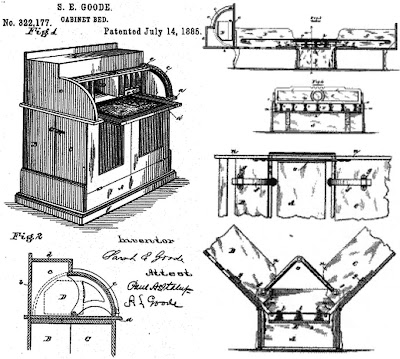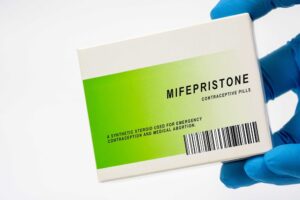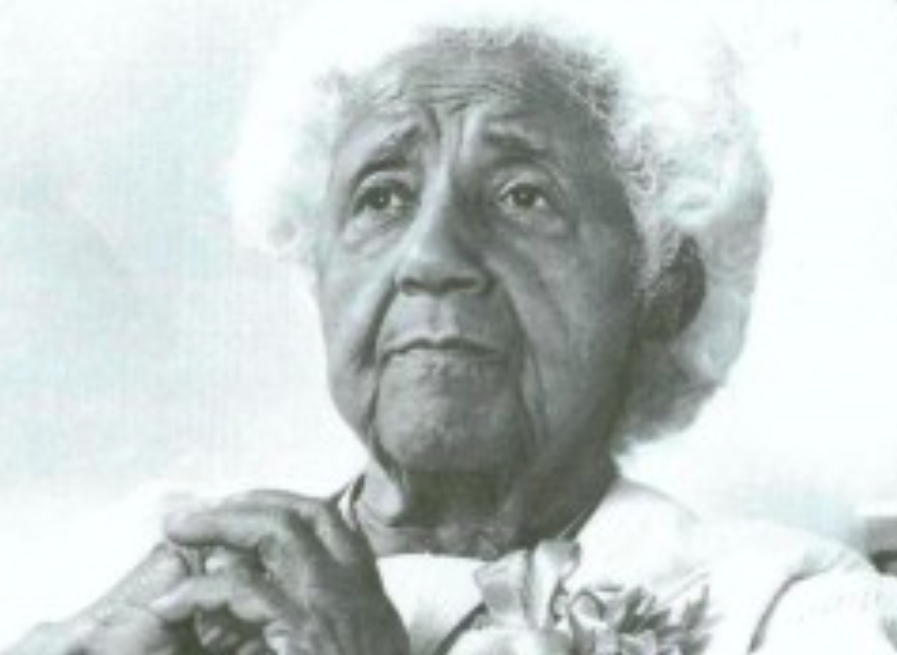Sarah Elisabeth Goode was born in 1855 in Toledo, Ohio. Goode was an inventor, entrepreneur and one of the first African American women to receive a U.S. patent.
In 1885, she patented a cabinet bed that folded out into a full-size bed and back into a writing desk, with compartments for supplies to help make life easier for working-class families who were forced to cram into tiny apartments.
Most of Goode’s furniture customers in Chicago lived in tight quarters. At the same time, New York had just passed a law limiting buildings to 80 feet high. Tenement buildings were narrow, just 25 by 100 feet. Goode saw a need and met it with innovation. She filed her application for “the folding bed cabinet,” in 1883 with the help of Chicago attorney George P. Barton, paid $35 in fees and finally received U.S. Patent No. 322,177 in July 1885.
Goode was the fourth African American woman known to receive a U.S. patent. Before her came Martha Jones (1868 corn-husker), Mary Jones De Leon (1873 cooking apparatus) and Judy W. Reed (1884 dough roller).
Back then, the U.S. Patent Office didn’t record race or gender.
The 1857 Dred Scott decision stripped Black people of citizenship and the legal right to hold patents. The Black Codes added further limits to property ownership. It wasn’t until after the Civil War that African Americans could legally patent inventions again. And for women, state laws, limited access to education, and few financial backers made the patent journey harder.
Born Sarah Elisabeth Jacobs, Goode was raised by Oliver and Harriet Jacobs. Her mother was an organizer for the Ohio Anti-Slavery Society and worked with the Underground Railroad. The family moved to Chicago before 1870, where Sarah married Archibald “Archie” Goode, a stair builder and upholsterer. Together, they ran a furniture store at 513 State Street, inside the Bennett Medical College building.
In September 1884, the Chicago Tribune mentioned S.E. Goode’s invention on display at the Illinois State Fair. The store catered to working-class families, and Goode created her design specifically for people who needed both functionality and space-saving solutions.

Though their original furniture store disappeared from records by 1887, Archie Goode’s name later appeared under a new listing further down State Street. In 1895, Archie invented an automatic garbage box that won acclaim from the Chicago Civic Federation and the press.
By 1900, Goode was featured at the Paris Exposition in the “Exhibit of American Negroes,” organized by W.E.B. Du Bois, Thomas J. Calloway and patent researcher Henry E. Baker. Goode was one of only four African American women inventors highlighted.
Goode passed away in Chicago on April 8, 1905. Over a century later, her legacy lives on.
In 2012, Chicago Public Schools opened the Sarah E. Goode STEM Academy on the city’s South Side. The school emphasizes science, technology, engineering and math. It is part of the P-TECH initiative, offering students dual enrollment in high school and college courses with pathways into careers in technology and engineering.











